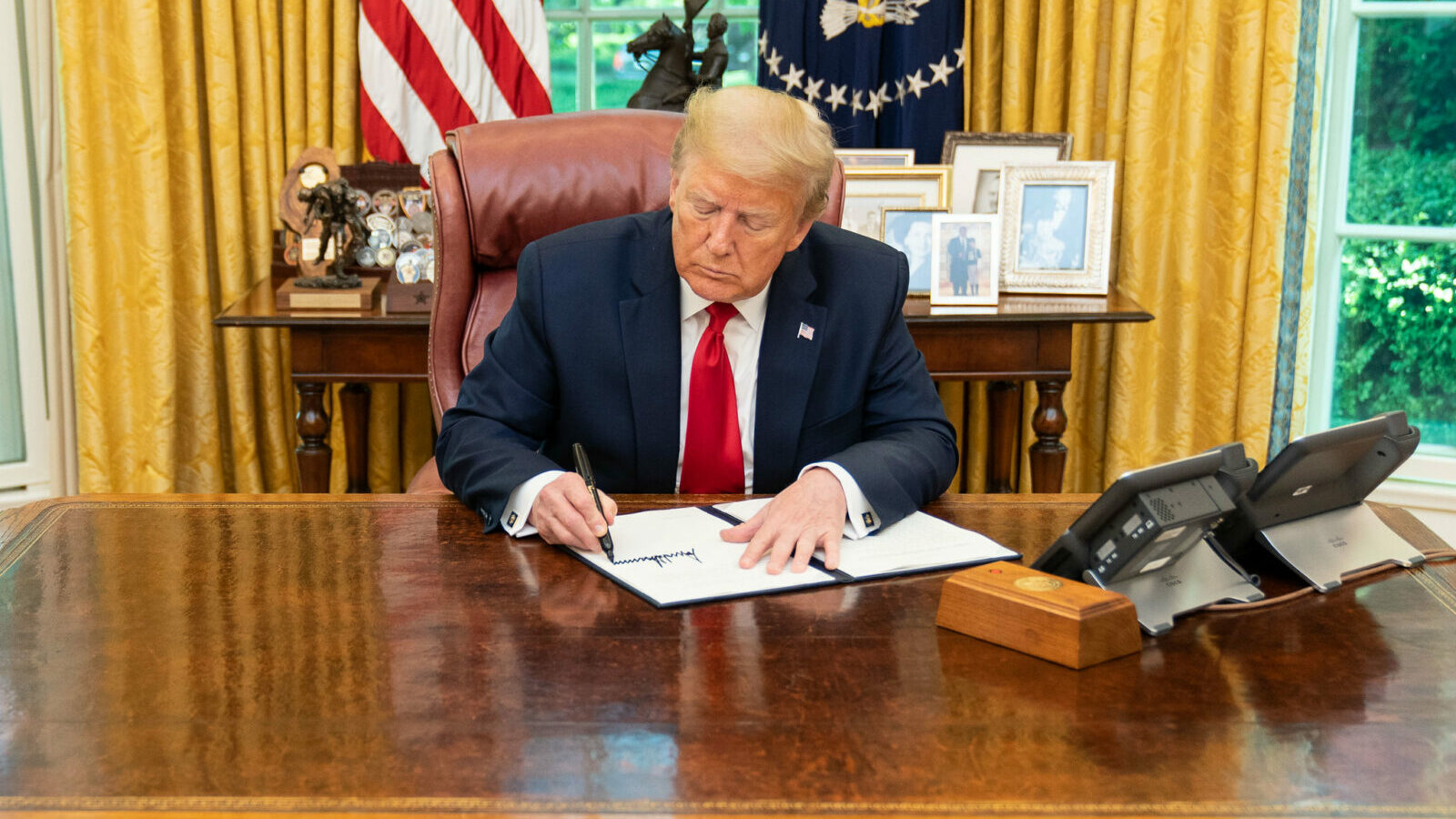It has often been said that when America sneezes, Britain catches a cold. However, with a hair-raising flurry of anti-inclusive executive orders and actions spewing from the White House in Trump’s second term, it may be time for a rethink of the old adage.
The word unprecedented is frequently used in relation to Trump’s political manoeuvres but, even by his own standards, the attacks on diversity, equity and inclusion (DEI) since the beginning of the new term have been nothing short of stunning.
DEI has rapidly replaced woke as the bogeyman of the political right, with its actual meaning and intent being distorted into a convenient trope to further marginalise groups already historically left behind.
Blatant pushback
The new administration wasted no time, for example, in attempting to eradicate any mention of diversity, equity, inclusion and accessibility within the federal government. It was a clear and determined pushback against the gradual progress on inclusivity and fairness for minority groups, including disabled people.
The pushback was not subtle. One of the most egregious instances of scapegoating followed the fatal mid-air collision between a passenger jet and an army helicopter in Washington DC in January. Within hours, Trump made a baseless claim that DEI was to blame for the crash and, in particular, people with intellectual disabilities.
“The FAA’s [Federal Aviation Authority] push includes focus on hiring people with severe intellectual and psychiatric disabilities,” he declared at a press conference, adding that people who weren’t “mentally competent” should be fired.
Apart from the fact that zero evidence was presented that anyone with any kind of disability was associated with the tragic incident, the purpose was clear enough: blatantly denigrate and disparage to undermine policies whose purpose was to level the playing field a bit.
DEI policies, be they in private business or the public sector, exist to address discrimination and actively challenge prejudice. For people with learning and other disabilities, positive moves to address imbalances in the workplace and beyond using DEI initiatives have made a tangible difference in recent years. Active recruitment and the implementation of reasonable adjustments have increasingly been part and parcel of ensuring equity in employment.
As disability policy analyst Casey Doherty at the Center for American Progress put it, while DEI can act as a bridge to overcome obstacles to employment, when it comes to workers with learning disabilities, they are in work because “they are qualified to do their jobs”.
The speed with which the diversity dominoes have fallen has been breathtaking and shows how shallow these commitments were to begin with
Within the federal workforce, DEI has been proven to shift the dial in the right direction. For example, in 2022, although in part due to the embrace of remote work, 9.4% of that workforce had a disability – up from 8.9% in 2014. While things were far from perfect, the push for inclusion and diversity was broadly the goal. Until it wasn’t.
Firms fall in line
As soon as the new administration set its overt anti-inclusion tone, private organisations started shedding their commitments to more diverse workplaces. Major companies, from Google to retail outlet Target, rushed to fall into line.
The speed with which the diversity dominoes have fallen has been breathtaking. But, more than this, it has shown how fragile and shallow these commitments were to begin with. Hard-won progress, it turns out, can be undone with the flick of a presidential pen.
For anyone in the UK thinking it couldn’t happen here, think again.
America is not unique in its backlash against inclusion. For years, the discourse around disabled people and employment in Britain has been riddled with demeaning rhetoric and political pledges to crack down on those accessing benefits – including from the current Labour government.
With the Trump-friendly Reform Party surging in the polls, complacency in the UK is not an option.





